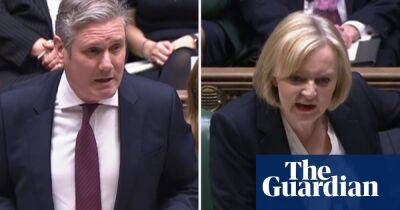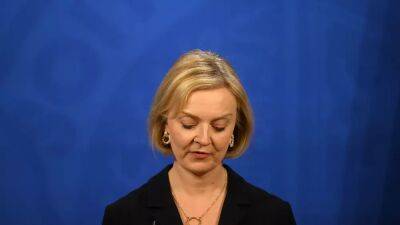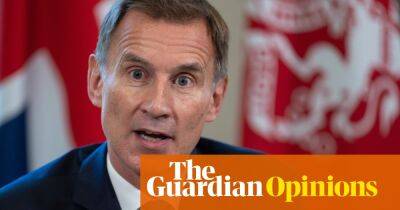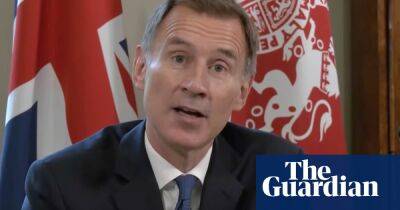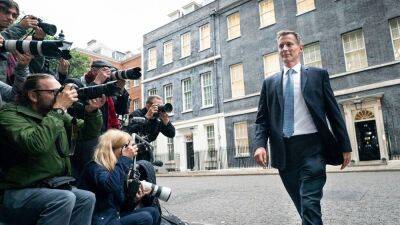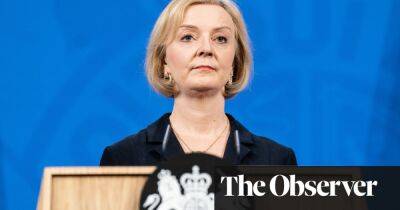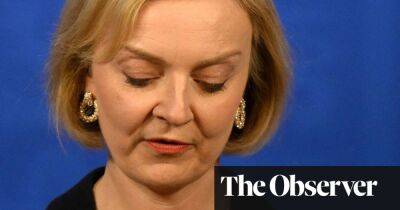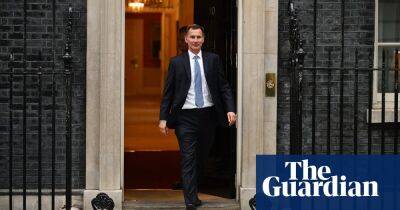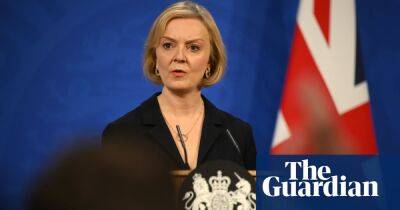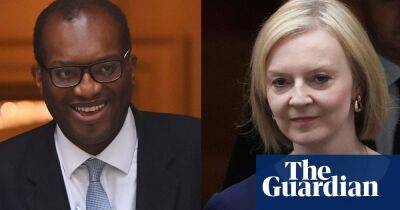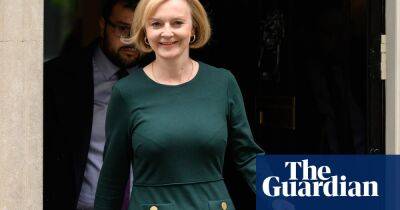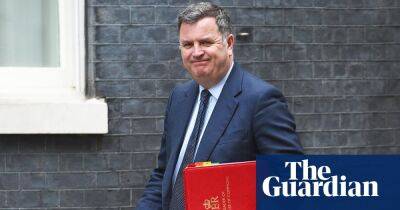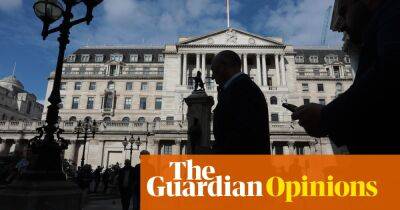The markets have taken back control: so much for Truss’s Brexit delusion of sovereignty
Hard to believe now, when we’re in the middle of the maelstrom, but one day this too will be the past. And when it is, when we’re out of the hourly psychodrama – no longer staring at the screen, watching Kwasi Kwarteng’s plane do an actual U-turn in the sky en route to his being fired on touchdown, for the crime of doing what his boss wanted him to do – it may not look all that complicated.
Historians will look back and see a point of origin to the current madness, one that explains how a new prime minister could see her administration fall apart in a matter of weeks, even if we struggle to name that cause out loud right now. When the textbooks of the future come to the chapter we are living through, in the autumn of 2022, they will start with the summer of 2016: Brexit and the specific delusion that drove it.
They will point to the obvious impact of Britain’s decision to leave the European Union, and the role that played in upending a country once renowned for its stability. They might begin with the basics. Exit, they will write, shrank the UK economy thanks to a 5.2% fall in GDP,a 13.7% fall in investment and a similar drop in the trade in goods. That self-inflicted contraction helps explain why Britain felt international shocks – surging inflation, for example – harder than most. If your economy is smaller, you either have to tax people more to pay for the services they expect, or you cut those services, or you borrow. There are no other ways out.
Unless you resort to magical thinking. Which brings us to the second causal connection between the craziness of now and the turning point of 2016. Brexit broke the link between governance and reason, between policy and evidence. Until Brexit, politicians only rarely got away
Read more on theguardian.com

